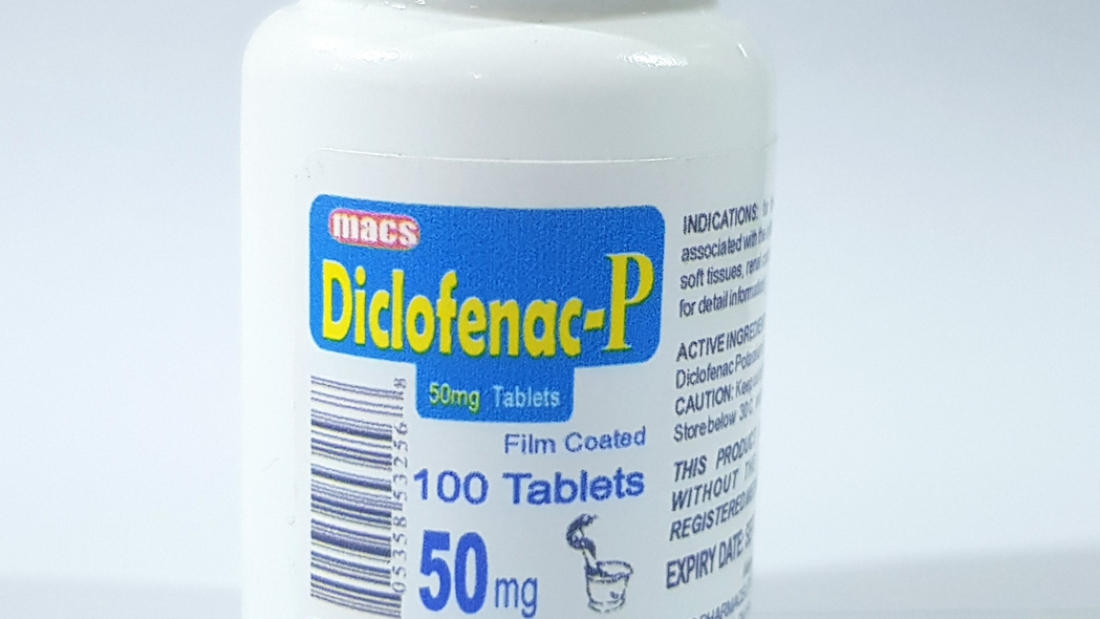Prescription aspirin comes as an extended-release (long-acting) tablet. Nonprescription aspirin comes as a regular tablet, a delayed-release (releases the medication in the intestine to prevent damage to the stomach) tablet, a chewable tablet, powder, and a gum to take by mouth. Prescription aspirin is usually taken two or more times a day. Nonprescription aspirin is usually taken once a day to lower the risk of a heart attack or stroke. Nonprescription aspirin is usually taken every 4 to 6 hours as needed to treat fever or pain. Follow the directions on the package or prescription label carefully, and ask your doctor or pharmacist to explain any part you do not understand. Take aspirin exactly as directed. Do not take more or less of it or take it more often than directed by the package label or prescribed by your doctor.
Swallow the extended-release tablets whole with a full glass of water. Do not break, crush, or chew them.
Swallow the delayed-release tablets with a full glass of water.
Chewable aspirin tablets may be chewed, crushed, or swallowed whole. Drink a full glass of water, immediately after taking these tablets.
Ask a doctor before you give aspirin to your child or teenager. Aspirin may cause Reye’s syndrome (a serious condition in which fat builds up on the brain, liver, and other body organs) in children and teenagers, especially if they have a virus such as chicken pox or the flu.
If you have had oral surgery or surgery to remove your tonsils in the last 7 days, talk to your doctor about which types of aspirin are safe for you.
Delayed-release tablets begin to work some time after they are taken. Do not take delayed-release tablets for fever or pain that must be relieved quickly.
Stop taking aspirin and call your doctor if your fever lasts longer than 3 days, if your pain lasts longer than 10 days, or if the part of your body that was painful becomes red or swollen. You may have a condition that must be treated by a doctor.

